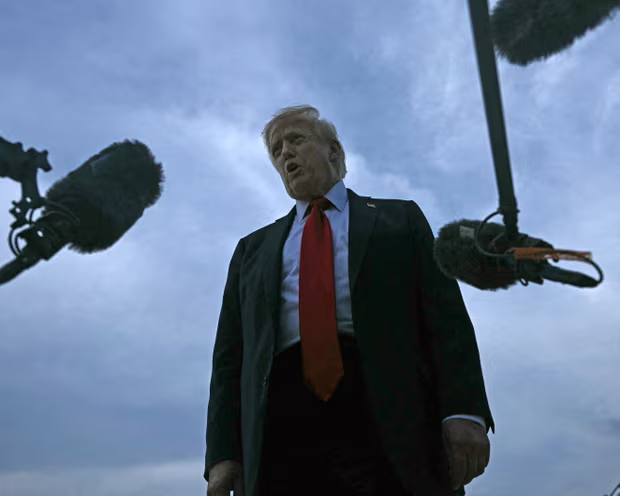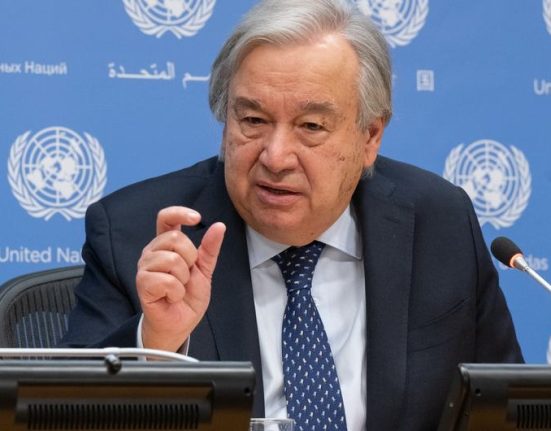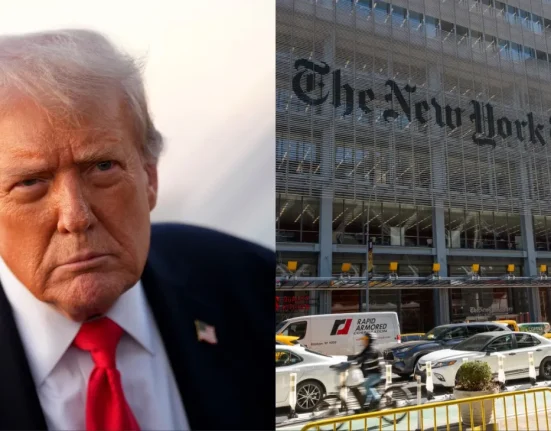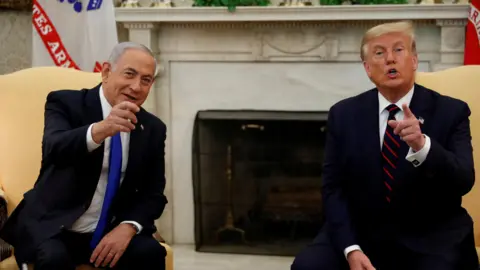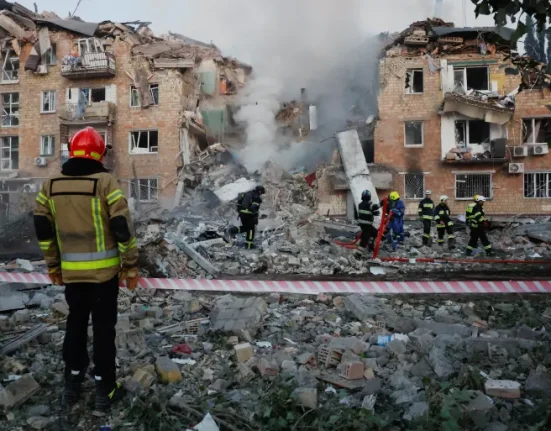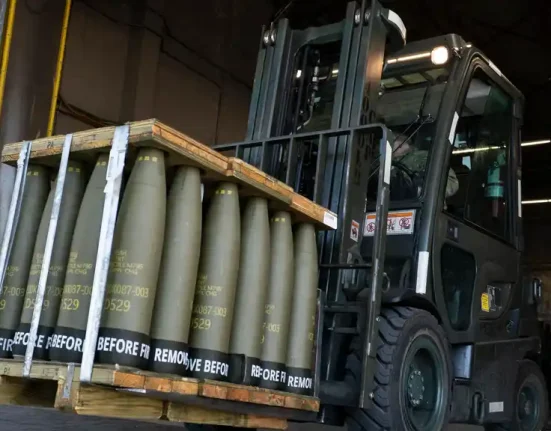Former United States President Donald Trump has stated that the U.S. will proceed with sending Patriot air defense missile systems to Ukraine, but clarified that the cost of the weapons will be covered by the European Union. The remarks were made during a recent address where Trump also voiced sharp criticism of Russian President Vladimir Putin, describing his actions in the ongoing war as deceptive and aggressive.
According to Trump, while the Patriot systems will be delivered to support Ukraine’s air defense capabilities, the transaction is being structured as a business move for the United States. “We’re not paying anything for it,” Trump said. “The European Union is covering the cost. It’s business for us, and we’re sending the Patriots, which they badly need.”
The Patriot missile system, one of the most advanced surface-to-air defense technologies in the world, has played a critical role in Ukraine’s efforts to repel Russian missile and drone attacks. Trump’s statement reinforces U.S. involvement in supporting Ukraine’s defense, even as debates continue over Washington’s long-term military and financial commitments to Kyiv.
In a pointed remark about President Putin, Trump accused the Russian leader of double-speak and duplicity. “Putin really surprised a lot of people,” he said. “He speaks politely during the day and bombs cities by night. There’s clearly a serious problem there.”
Trump’s comments come amid renewed international focus on the war in Ukraine, as NATO allies push for stronger support to counter intensified Russian offensives. Meanwhile, the European Union’s agreement to cover the cost of the Patriot missile systems highlights a growing willingness among European leaders to shoulder more responsibility in the military aid being delivered to Ukraine.
While Trump is no longer in office, his statements continue to generate significant attention both in the United States and abroad, especially as he remains a major political figure and potential candidate in upcoming U.S. elections. His remarks are likely to influence ongoing discussions about transatlantic security, military cooperation, and the evolving geopolitical landscape shaped by the war in Eastern Europe.

